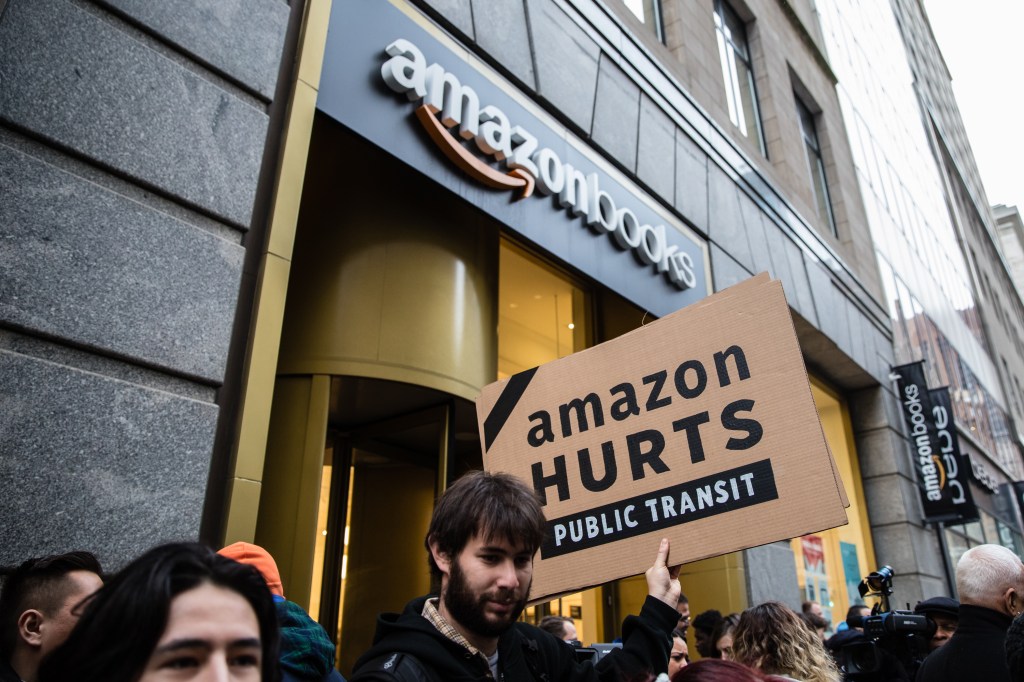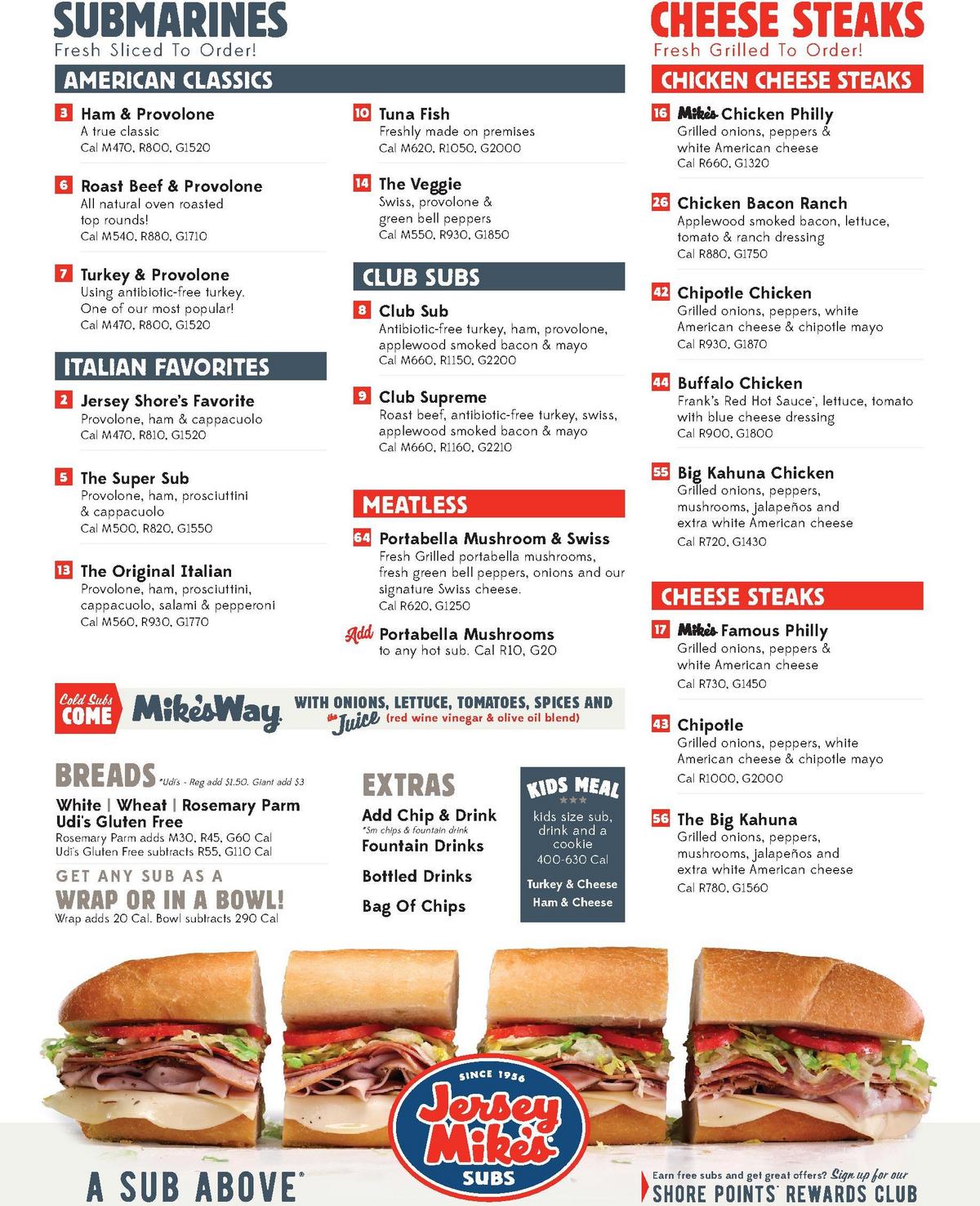FTC Shifts Focus To Defense In Meta Monopoly Trial

Table of Contents
The FTC's Initial Offensive and its Shortcomings
The FTC's initial lawsuit against Meta alleged numerous anti-competitive behaviors, primarily focusing on Meta's acquisitions of Instagram and WhatsApp. The commission argued that these acquisitions stifled competition, allowing Meta to maintain its dominant position in the social media market. The FTC aimed to demonstrate that these acquisitions were not only anti-competitive but also harmful to consumers by limiting innovation and choice.
- Initial Allegations: The FTC's complaint detailed how Meta allegedly used its market power to eliminate potential rivals, leveraging its vast user base to gain an unfair advantage.
- Challenges Faced: Proving these allegations in court presented significant challenges. The complexity of the digital market, the constantly evolving competitive landscape, and the difficulty in directly demonstrating consumer harm hindered the FTC's initial strategy. Establishing a direct causal link between Meta's actions and demonstrable consumer harm proved particularly difficult.
- Early Setbacks: Early stages of the trial saw some setbacks for the FTC, leading to criticisms regarding the strength of their initial approach and the evidence presented. This likely contributed to the strategic shift.
Meta's Counterarguments and the FTC's Defensive Pivot
Meta's defense strategy has been multifaceted, centering around several key arguments:
- Robust Competition: Meta countered that the social media landscape is highly competitive, with various platforms vying for users' attention. They argued that their acquisitions fueled innovation and benefited consumers by integrating services.
- Innovation Argument: Meta emphasized that its acquisitions led to improvements in product features and user experience, fostering innovation within their ecosystem. They contended that their dominance is a result of their success in providing valuable services, not anti-competitive practices.
- FTC's Defensive Response: Faced with these strong counterarguments, the FTC has pivoted to a more defensive strategy. This involves proactively addressing Meta's claims, rebutting their arguments point-by-point, and bolstering their case with new evidence and expert testimony.
The Significance of the Shift in Legal Strategy
The FTC's strategic shift holds significant implications:
- Trial Outcome: This defensive pivot suggests that the FTC may be anticipating a tougher legal battle than initially anticipated. The outcome of the trial is now less certain, and the shift reflects a necessary adaptation to Meta's robust defense.
- Antitrust Precedent: The case will undoubtedly set a precedent for future antitrust cases involving large tech companies. The court's interpretation of competition in the digital marketplace and the standard of proof for anti-competitive behavior will have far-reaching consequences.
- Expert Testimony: The role of expert witnesses and their analysis of market dynamics and consumer impact will be critical. The credibility and persuasiveness of expert testimony on both sides will greatly influence the judge's decision.
The Broader Implications for the Tech Industry and Consumers
The FTC vs. Meta monopoly trial extends far beyond the two parties involved:
- Tech Regulation: The outcome will significantly impact future tech regulation and the approach taken by regulators globally. It will influence the scrutiny applied to mergers and acquisitions within the tech industry.
- Consumer Impact: The trial's resolution will affect consumer choice, prices, and overall experience within the digital marketplace. A ruling against Meta could lead to increased competition and potentially lower prices for services. A ruling in favor of Meta could solidify their dominance and potentially stifle innovation.
- Digital Market Dynamics: The case highlights the ongoing challenge of regulating powerful tech companies and maintaining a fair and competitive digital market. The decisions made will have broad implications for how digital markets are shaped and regulated in the future.
Conclusion
The FTC's strategic shift in the Meta monopoly trial represents a significant turning point. The initial offensive strategy, focused on proving Meta's dominance, has been replaced by a more defensive posture, aimed at directly addressing Meta's counterarguments. This change underscores the complexity of antitrust litigation in the dynamic digital landscape. The outcome of this pivotal monopoly trial will not only determine the fate of Meta but will also shape the future of antitrust law and tech regulation globally, profoundly influencing competition and consumer experiences in the digital market. Stay updated on the developments in this pivotal FTC vs. Meta monopoly trial as it unfolds. The outcome will significantly shape the competitive landscape of the digital market and influence future antitrust enforcement. Follow our updates for the latest analysis and insights on this crucial legal battle affecting the future of tech.

Featured Posts
-
 Angels Edge White Sox In 1 0 Thriller Moncada And Soriano Key To Victory
May 18, 2025
Angels Edge White Sox In 1 0 Thriller Moncada And Soriano Key To Victory
May 18, 2025 -
 New Orleans Jailbreak Video Shows Inmate Escape
May 18, 2025
New Orleans Jailbreak Video Shows Inmate Escape
May 18, 2025 -
 Selena Gomez Vs Taylor Swift The Blake Lively Dispute And Its Fallout
May 18, 2025
Selena Gomez Vs Taylor Swift The Blake Lively Dispute And Its Fallout
May 18, 2025 -
 Conservative Revolt Threatens Gop Tax Plans Passage
May 18, 2025
Conservative Revolt Threatens Gop Tax Plans Passage
May 18, 2025 -
 Los Angeles Wildfires And The Growing Market For Disaster Related Wagers
May 18, 2025
Los Angeles Wildfires And The Growing Market For Disaster Related Wagers
May 18, 2025
Latest Posts
-
 You Toon Caption Contest Booing Bears Reign Supreme
May 18, 2025
You Toon Caption Contest Booing Bears Reign Supreme
May 18, 2025 -
 Galesburg Welcomes Jersey Mikes Subs
May 18, 2025
Galesburg Welcomes Jersey Mikes Subs
May 18, 2025 -
 Booing Bears Claim Victory In You Toon Caption Contest
May 18, 2025
Booing Bears Claim Victory In You Toon Caption Contest
May 18, 2025 -
 Jersey Mikes Subs Coming To Galesburg
May 18, 2025
Jersey Mikes Subs Coming To Galesburg
May 18, 2025 -
 Childs Life Saved Thanks To Suffolk Boys Courage At Great Wolf Lodge
May 18, 2025
Childs Life Saved Thanks To Suffolk Boys Courage At Great Wolf Lodge
May 18, 2025
